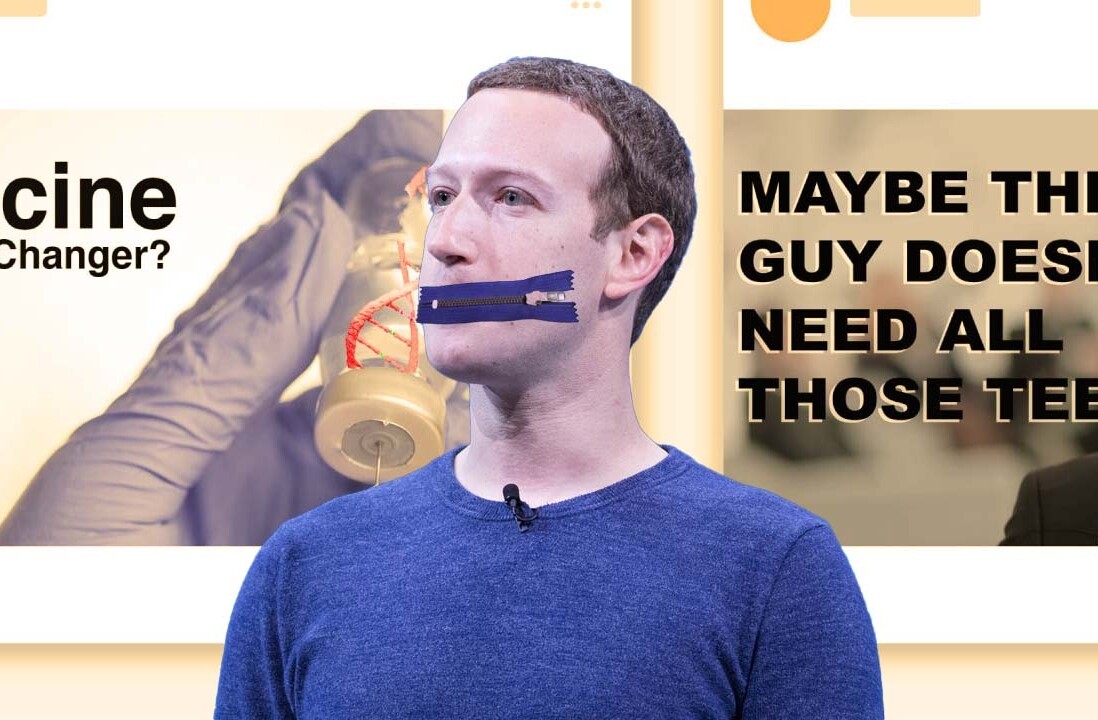
Facebook chief Mark Zuckerberg is making his first appearance at Mobile World Congress, the telecom industry’s biggest global trade show, this week, and the social network’s Internet.org organization has used the show to announce a number of new projects to help increase global Internet connectivity.
The organization has announced SocialEDU, its first pilot project which will provide students in Rwanda with access to what Facebook calls “a collaborative online education experience” via mobile. Facebook and Nokia — which are both members of Internet.org — have teamed up with the African country’s government and two domestic carriers to provide free access to educational content on “low-cost” smartphones.
Five steps of the program are explained in an Internet.org announcement:
- EdX will work with Facebook to create an educational app that is integrated with Facebook.
- Airtel will provide free education data for students in Rwanda who participates in the program for a year
- Nokia will provide “affordable” smartphones
- The Government of Rwanda is offering financial support for students to purchase devices
- The government is also extending its free WiFi program to cover the country’s university campuses
Internet.org is also sharpening its focus on India after partnering with Unilever to research into issues and challenges providing Internet access to rural communities in the country. The results will be used for a number of undisclosed projects that are currently ongoing to help rural Internet adoption.
Other than on the ground work in the developing work, Facebook has partnered with telecom network firm Ericsson to launch a new laboratory at its Menlo Park offices that helps developers test their apps under emerging market conditions. The idea here is that they can optimize their creations to run well for customers in different parts of the world, taking into account variables like device quality, network speed, etc.
Finally, Internet.org has released a report carried out by Deloitte which estimates that providing better access to the Internet in the developing world could increase productivity by as much as 25 percent, generating $2.2 trillion in GDP and more than 140 million new jobs. That, the organizations say, could lift 160 million people out of poverty.
It’s been suggested that WhatsApp, the messaging app Facebook is buying for $19 billion, could be involved in Internet.org activities. That’s not been confirmed, and we’ll see what else Zuckerberg will announce at the event. Internet.org itself shows the Facebook founder flexing his philanthropic muscles, although having more people connected to the Web has obvious benefits for Facebook’s business.
Also read: Facebook and telecom partners launch Internet.org to drive universal, global Internet access
Image via alphaspirit / Shutterstock
Get the TNW newsletter
Get the most important tech news in your inbox each week.




